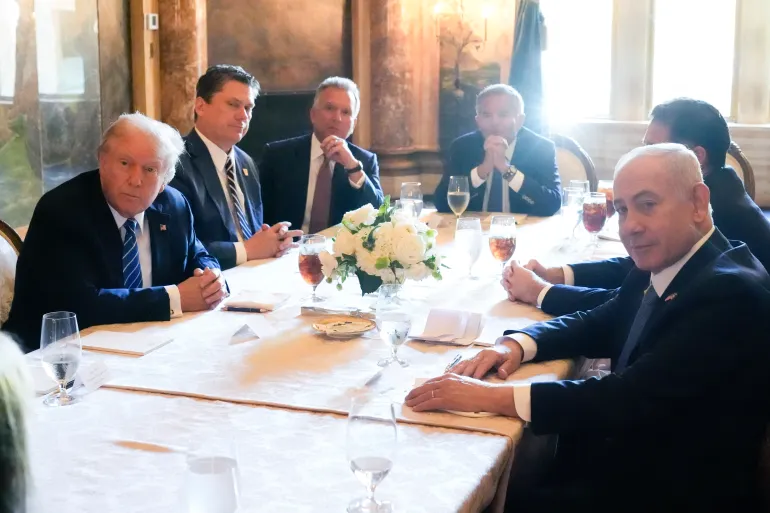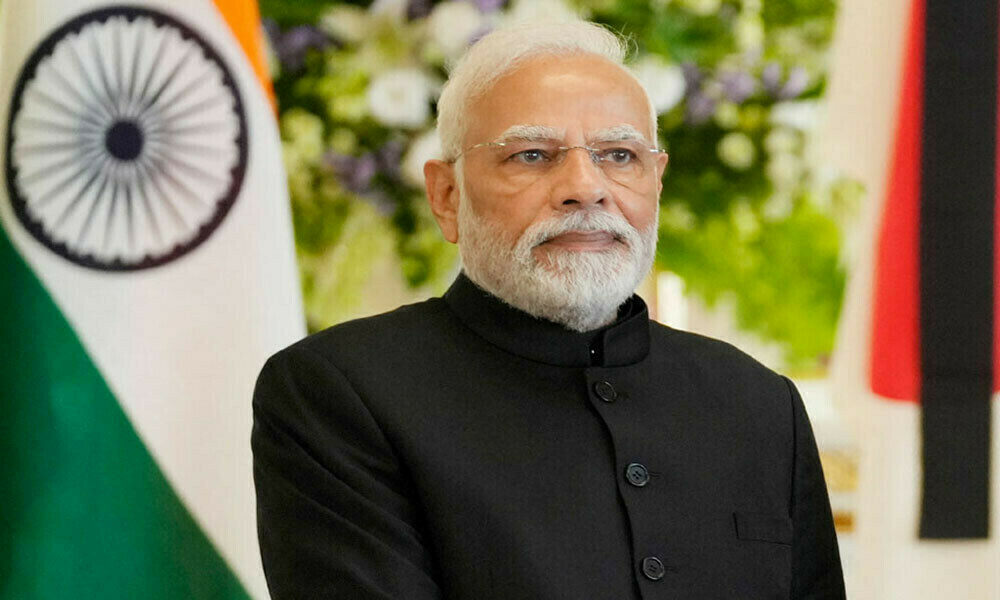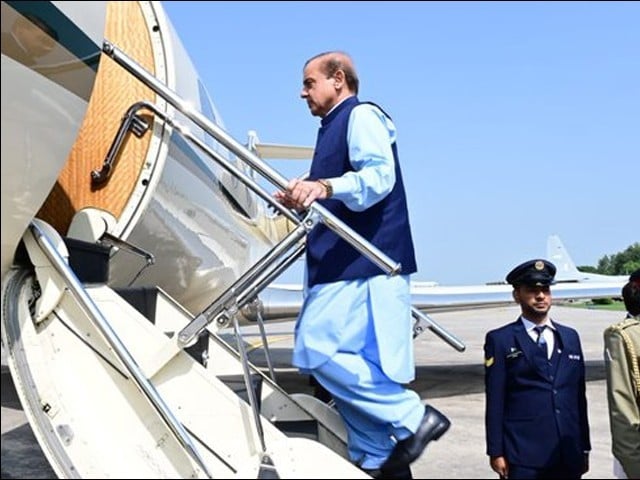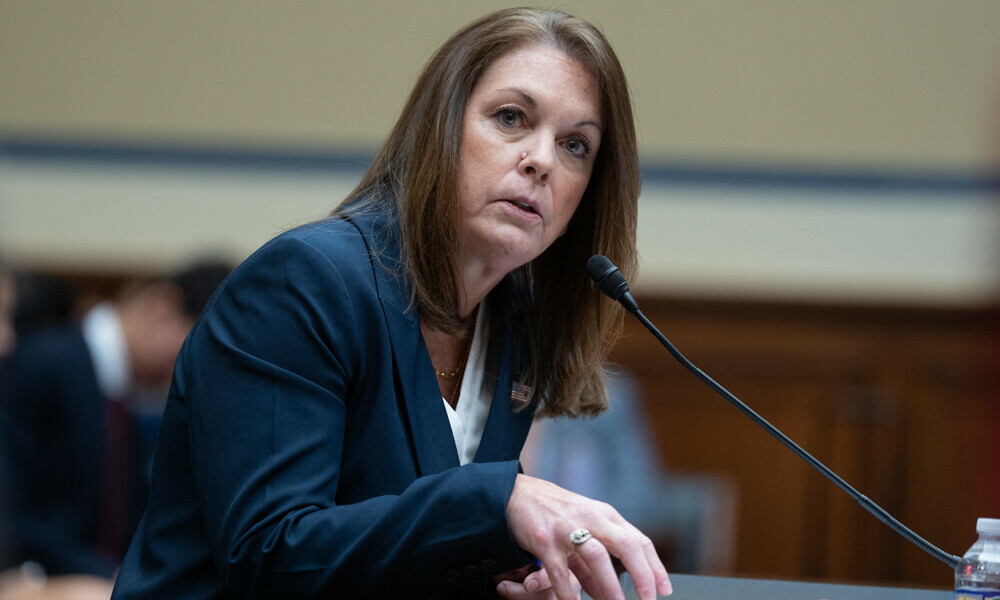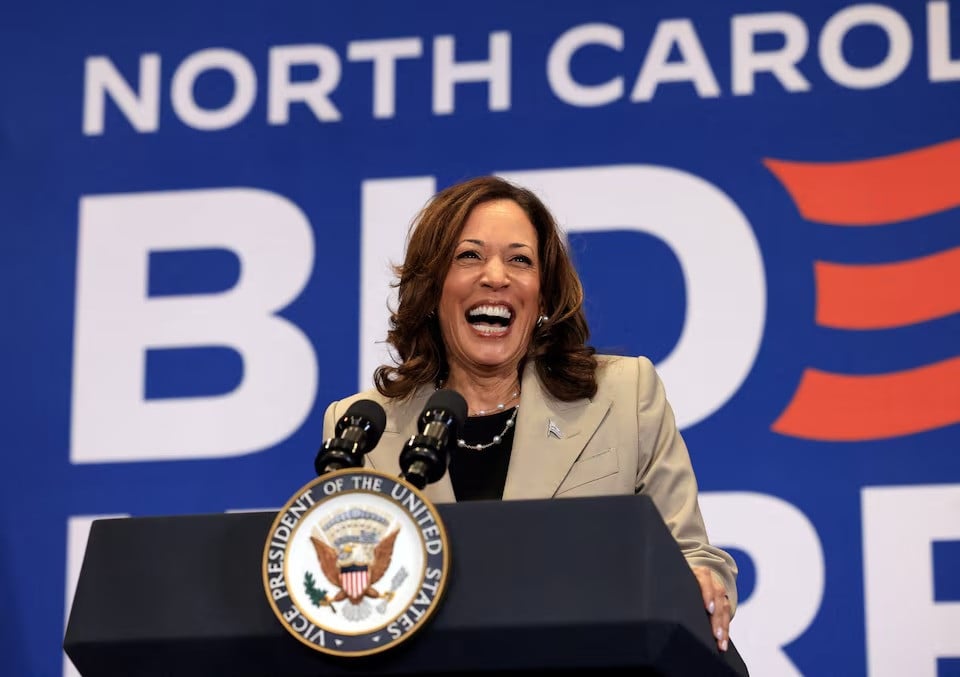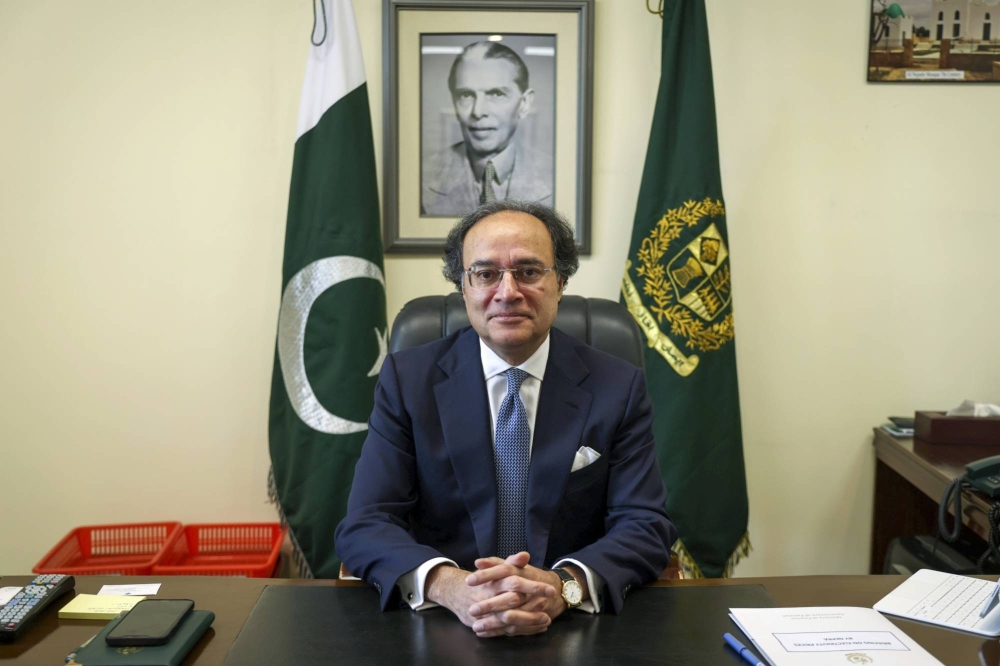Pakistan has been grappling with a social media blackout since February 17th, 2024, when access to X (formerly known as Twitter) was abruptly cut off. This move has sparked widespread criticism from human rights organizations, including Amnesty International.
The blackout coincided with the resignation of a former government official who alleged irregularities in the recent elections. It followed an earlier restriction on mobile phone services on election day, further raising concerns about the government’s commitment to free expression.
Amnesty International, along with other human rights groups, has condemned the blocking of X. They argue that such actions stifle diverse political voices and create an environment ripe for misinformation. The organization highlights the detrimental impact these restrictions have on political discourse and the free flow of information, especially during crucial elections.
Adding to the concerns is the lack of transparency surrounding the ban. The Pakistan Telecommunication Authority (PTA) has remained silent on the issue, failing to provide any justification for blocking the entire platform and seemingly exceeding its authority. This lack of transparency has eroded trust between the government and its citizens.
The situation is further complicated by reports of throttling Virtual Private Networks (VPNs). These tools allow users to bypass internet restrictions, but by limiting access to them, the government further restricts access to information and potentially infringes on the right to privacy.
Amnesty International, in collaboration with other organizations, is calling for immediate action to reverse this trend of digital censorship in Pakistan. Their demands include:
- Unblocking X (formerly Twitter)
- Repealing censorship-enabling laws like Section 37 of the Prevention of Electronic Crimes Act (PECA)
- Increased transparency surrounding decisions that impact internet usage, particularly those with political or economic motivations
- Clarification on the legal basis for the platform blockages
- A commitment to upholding Pakistan’s international obligations regarding freedom of expression and access to information
The incoming government, along with regulators and public bodies, are urged to acknowledge the long-lasting impact of restricting information flow and hindering citizens’ ability to express themselves, especially in matters of political participation. The current situation, now entering its fourth week, highlights the need for a renewed commitment to open communication and free speech in Pakistan.
Please, subscribe to the YouTube channel of republicpolicy.com






































